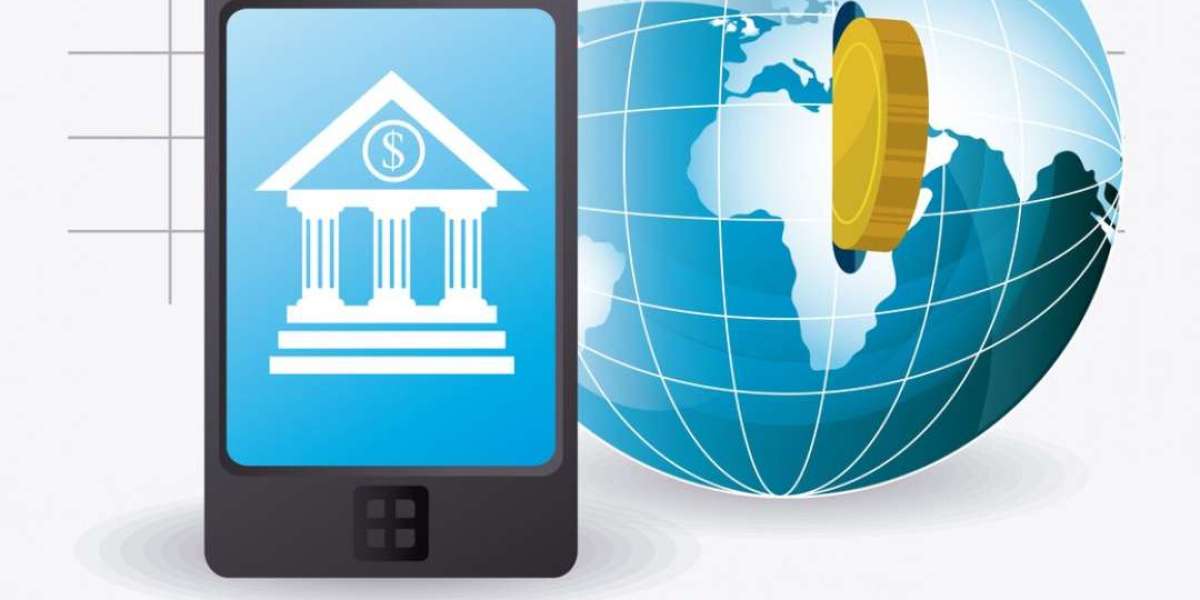Crypto tokens are revolutionizing the financial and banking sectors by introducing a faster, more efficient, and globally accessible infrastructure. They eliminate traditional barriers by enabling borderless, real-time transactions with reduced costs. This is particularly evident with stablecoins, which simplify international payments by removing the need for slow and costly intermediaries.
Cross-border Payments Using Stablecoins
Traditional cross-border payments are often slow, expensive, and routed through multiple intermediaries. Crypto tokens, especially stablecoins like USDC, USDT, and DAI, offer a seamless alternative. They enable near-instantaneous global transfers with significantly lower fees and no reliance on centralized banking systems. This is especially valuable for remittances, business settlements, and underbanked regions. Stablecoins maintain a 1:1 peg with fiat currencies, ensuring minimal price volatility during transactions, making them a secure digital alternative for international finance.
Platforms such as Stellar (XLM) and Ripple (XRP) are already collaborating with banks and remittance companies to simplify and speed up cross-border transfers. Businesses are adopting stablecoin-based payment gateways to reach global customers more efficiently than ever before.
DeFi Lending, Borrowing, and Yield Farming
Decentralized Finance (DeFi) is revolutionizing traditional lending and borrowing. Through crypto tokens and smart contracts, users can lend their digital assets to earn interest or borrow against collateral, eliminating the need for intermediaries like banks. Platforms such as Aave, Compound, and MakerDAO use governance and utility tokens to manage liquidity and risk, while offering returns through yield farming strategies.
Yield farming allows investors to earn additional tokens by providing liquidity to DeFi protocols. This creates a decentralized ecosystem where token holders actively participate in securing and growing financial services. As a result, finance becomes more inclusive, accessible, and efficient for users worldwide.
Tokenized Real-World Financial Assets
Cryptocurrency tokens are increasingly being used to tokenize real-world assets, such as stocks, bonds, real estate, and commodities. Tokenization allows fractional ownership, increased liquidity, and 24/7 trading on blockchain platforms. Financial institutions are exploring security tokens to digitize equity, enabling investors to trade shares globally without the restrictions of traditional markets.
Projects like Securitize and tZero are at the forefront of asset tokenization, providing compliant platforms for regulated financial products. With blockchain's transparency and security, tokenized assets are reshaping investment strategies for institutions and individuals alike.
Conclusion
Crypto tokens are redefining the future of traditional finance by enabling faster, decentralized, and more transparent transactions. As the financial landscape shifts toward digital innovation, these tokens are unlocking new frontiers in cross-border payments, DeFi lending, asset management, and beyond.
Osiz, a global leader in blockchain and a trusted Token Development Company, empowers financial institutions and fintech enterprises to harness the full potential of crypto tokens. Our tailored blockchain solutions are specifically designed to meet the evolving demands of the finance and banking sector—ensuring security, scalability, and regulatory compliance.



